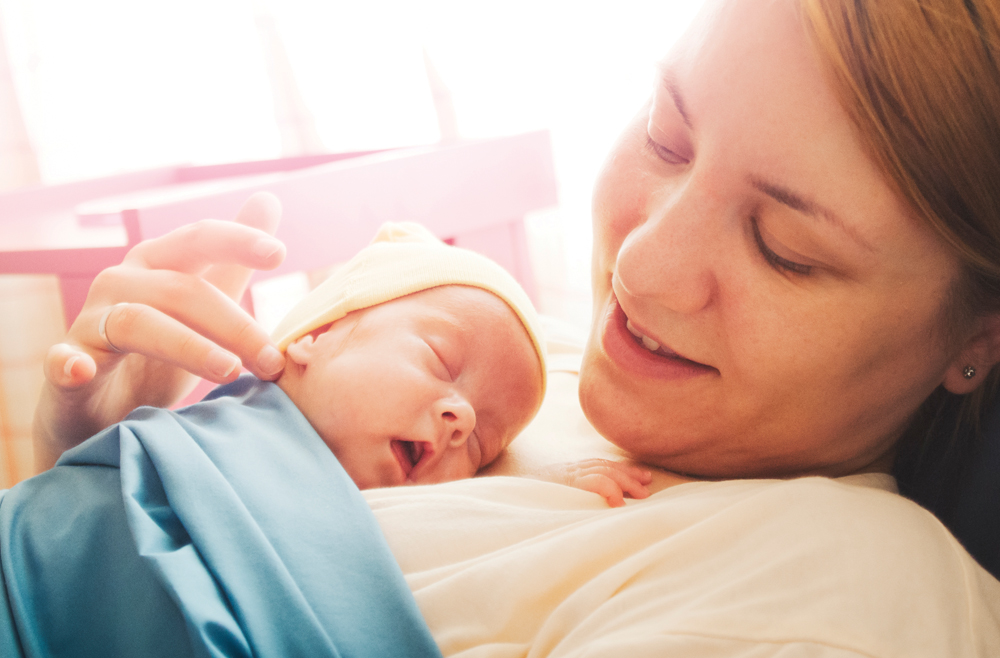
Princeton Medical Center (PMC) aced a federal infant care and nutrition survey on the strength of policies and practices that promote breastfeeding, advance maternity nursing skills, and ensure prenatal and postpartum education and support for mothers.
The survey — Maternity Practices in Infant Nutrition and Care, or mPINC — is conducted by the Centers for Disease Control and Prevention (CDC) to evaluate maternity care at hospitals nationwide. Results of the most recent survey, completed in 2018, were released to participating hospitals in June.
PMC received 96 of a possible 100 points, compared to average scores of 80 among New Jersey hospitals and 79 nationally.
Ellen Winkle, RN, interim professional development specialist of nursing resources, said the mPINC survey results are the product of a team effort involving nurses, lactation consultants from the hospital staff and Princeton Health Community Wellness, and obstetric and pediatric providers who are committed to a model of care that promotes and supports breastfeeding.
“Success is always collaborative,” Winkle said. She also credited hospital policies that promote rooming in and skin-to-skin time at delivery and throughout mother and baby’s hospital stay, as well as a human donor milk program that has decreased the use of formula in the neonatal intensive care unit.
In the years since the survey, Winkle said, the hospital built on its performance by updating policies to conduct newborn baths in patient rooms, instead of the nursery, and delaying baths so they don’t interfere with breastfeeding attempts.
Bernadette Flynn-Kelton, RN, an internationally board certified lactation consultant with Community Wellness, said Princeton Health offers comprehensive education and support for expecting parents, including prenatal breastfeeding instruction, prenatal phone consultations, and a pregnancy support group that helps prepare parents for what to expect during labor, delivery, and their postpartum hospital stay.
Community Wellness also provides discharge and bath classes every weekday for new parents, a virtual postpartum support group that meets via videoconference weekly, and twice weekly in-person breastfeeding support groups. Discharged families also receive courtesy calls from Community Wellness nurses and lactation consultants and can call a warmline for lactation questions.